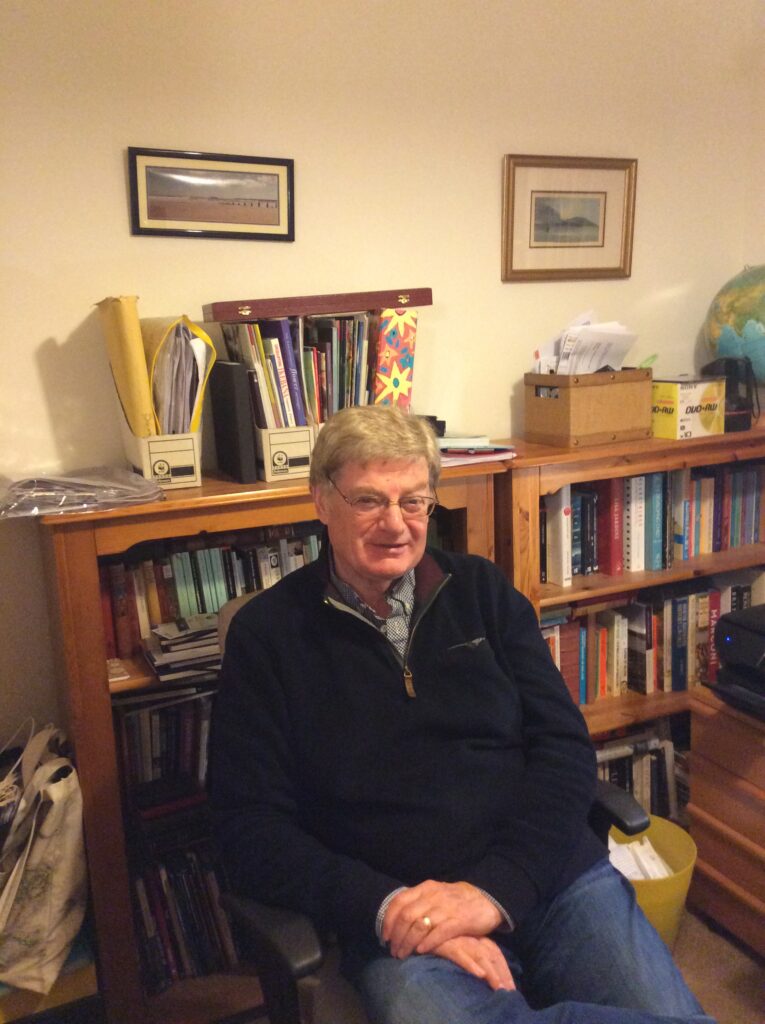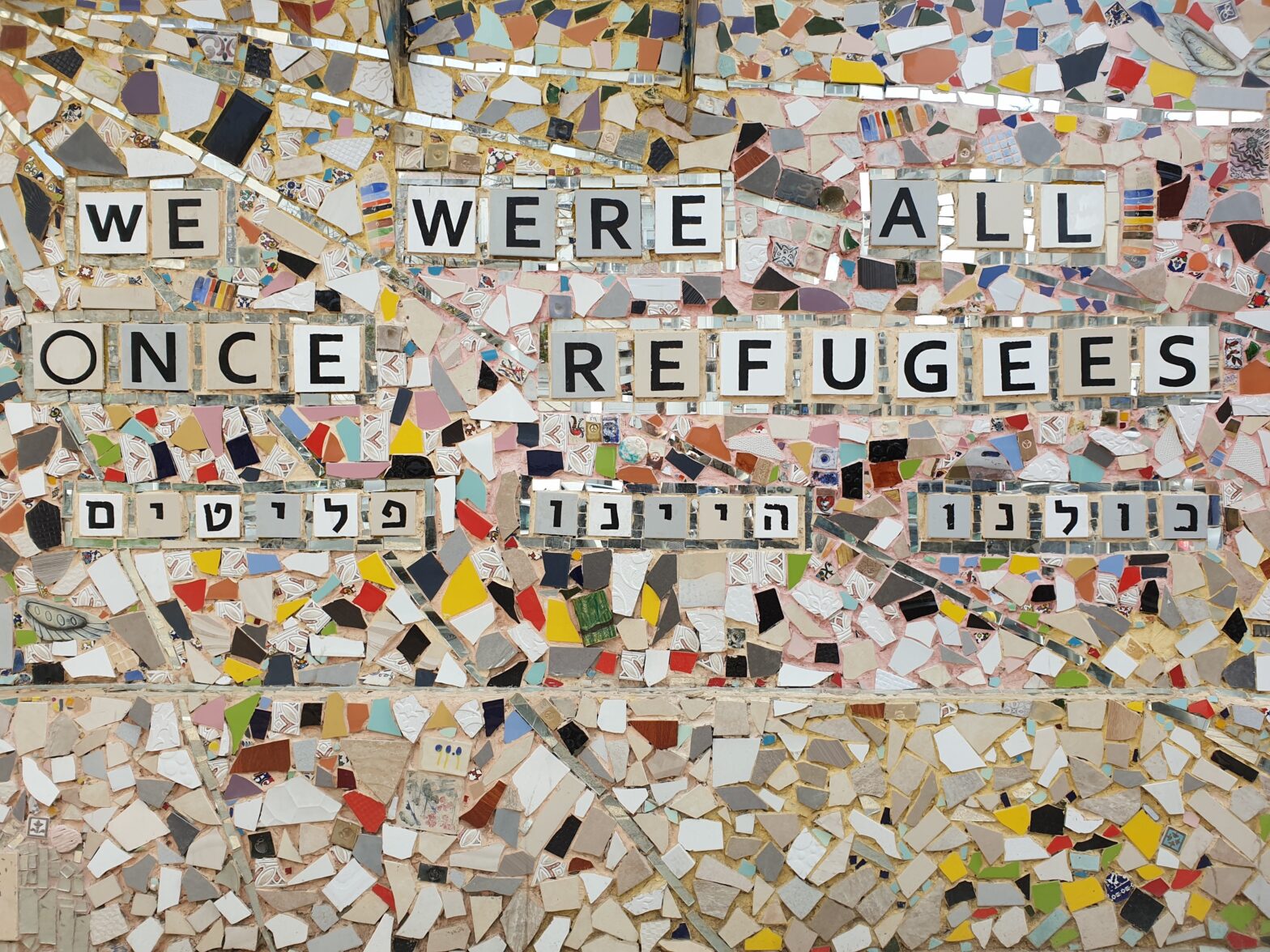24 March 2022
Lessons learnt
By Paul Branch

We learn from experience, or so it’s said. This usually involves getting it wrong before you get it right, or looking at how others have tackled a similar issue. Boris has been justifiably quick to point out that the way the West cosied up to Russia and specific Russians after the annexation of Crimea was probably short-sighted in the light of prior experience, and he does have a good point especially as it was just before he rose to greatness. But let’s look at where his own government could take such lessons to heart.
There have been stand-out successes obviously for our current government, and our justifiably much-vaunted vaccination programme deserves frequent repetition. But once you do strike success, the cardinal rule is not to devalue that achievement by linking it to something else which might ruin the effect. In the case of vaccinations it was the claim that only Brexit allowed us to roll-out our world-beating programme when clearly that was just a cheap sideways swipe at our previous nearest and dearest in the EU. Let the achievement stand for what it was: a critical life-saving and health-saving process for which the vast majority of us will be eternally grateful.
We’re still looking forward to the formal review of the government’s Covid programme overall, where lessons learnt are promised in abundance. The eye-wateringly expensive Track & Trace programme should throw up a few, not least of which might be don’t give plum jobs to your mates if they’re not up to it. A second lesson might be don’t give central government a role they can’t handle but instead rely on local knowledge and expertise to deliver, with just a light touch from a cabinet minister to provide funding and access to data. The vaccination programme would be a good example of how best to apply learnt lessons, and we have an opportunity to repeat that with the current obscene refugee crisis …. or perhaps not.
The British are good at looking after refugees. We’ve been doing it for years, our welcoming attitude to foreigners in distress is legendary, and our urge to hold out a helping hand is our trademark characteristic, or so we’d like to think. It was certainly that way before and during the second World War when all manner of homeless fleeing from the Nazis made their way across the Channel, not least among them being the thousands of Jewish children in the Kindertransport rescue of Holocaust survivors. We also extended a welcoming hand to Ugandan Asians kicked out by Idi Amin. So we definitely can do it, but looking at our more recent track record with Syria, Libya, Afghanistan and any of the more troubled parts of the Middle East it certainly makes you wonder, and even more worrying is the alleged inverse connection between the warmth of our welcome and the colour of a refugee’s skin. We seemed very keen as part of the EU to let the countries where refugees first landed take the strain, as in Italy and Greece, and then more recently to put the onus on France to prevent illegal immigration with no real legal alternative on offer. Priti Patel’s assertion was that all these immigrants really wanted was access to our generous benefits system, when the reality was that these assumed scroungers were running away from dreadful happenings at home, that none of them actually wanted to risk life and limb paddling our inhospitable waters, and in extremis the real attraction of the UK is usually their knowledge of our language or their family connections over here.
The issue of race also surfaced when we offered every citizen of Hong Kong indefinite leave to stay and work in the UK when trouble started brewing with mainland China, and there are parallels now with the mass exodus from Ukraine. These look like a more planned and possibly more sympathetic approach, but have we recognised the perception that we can be racially selective in who we take to our ample bosom, and maybe learnt something, if only about ourselves?
Our offer to take in the throngs of Ukrainian homeless has resulted in the public volunteering practical housing and monetary support in droves, but our government looks to be lagging and seems intent on repeating the strategy of Track & Trace by centralising the core responsibilities. Lack of compassion does not appear to be an issue – that seems to be the prerogative of the Home Office and Ms Patel – whereas Ukrainians are being looked after by Michael Gove’s Department for Levelling Up, who clearly have fulfilled their remit elsewhere in the country and are therefore at something of a loose end. It’s not clear how their Levelling Up expertise is being brought to bear on the new refugee crisis, other than to take a leaf out of the Home Office’s playbook by keeping the refugees at arms’ length in someone else’s country (Poland, Romania, Moldova, anywhere) until every detail of every refugee and every member of a host family has been checked ad nauseam. After all, they may pose a security threat to our entire nation if one of them is carrying a gun, or worse still speaks with a Russian accent. Other host nations seem to do these checks once they’ve arrived, but more importantly they give key responsibilities to local aid agencies, charities, churches and other groups who know what they’re doing. Even little Ireland has dispensed with most of the formalities and has already taken in over two thousand, but stands accused by our government of letting undesirables onto our hallowed shores through the back door. The Irish also have fairly recent Ukrainian crisis knowledge from their support of refugees from Chernobyl, so maybe again we should look at what others are doing and get on with it like them.
The welcome return of Nazanin Zaghari-Ratcliffe is a saga that the Foreign Office would do well to review. The lady and her family seem quite bitter that it’s taken six Foreign Secretaries six years to negotiate her release in the possible context of a £400 million ransom, but perhaps the one with most to learn would be the first in that esteemed number of ministers of state, the one who mis-spoke (ie, didn’t do his homework on a few essential details) and landed Nazanin well and truly in it.
But speaking of Boris, perhaps one recent incident serves to best illuminate the need to avoid repeating blunders from the past, to seek the counsel of others and above all engage at least part of the brain before speaking or acting. This was his truly unnecessary and inappropriate schoolboy-silly comparison between the freedom struggle by Ukraine against the invasion by a militarily aggressive imperialist Russia, and the leap to freedom by the UK away from the social and trading agreement we had previously willingly signed with the EU. Why on earth would he say such a thing, if not solely for the trivial benefit of the gallery in the long-winded run-up to local elections and the next general election? He was doing so well too, keeping a fairly low and quite respectable profile under cover of the Ukraine crisis. If he’d really been paying attention he would have learnt that the real leaders are those who speak only when they have something to say, and who act in their country’s interest, not their own. Boris for one still has a lot to learn.
Tile photo: by Antoine Merour on Unsplash


